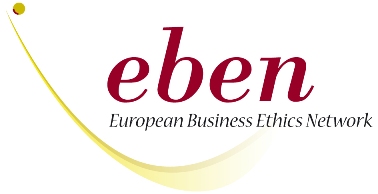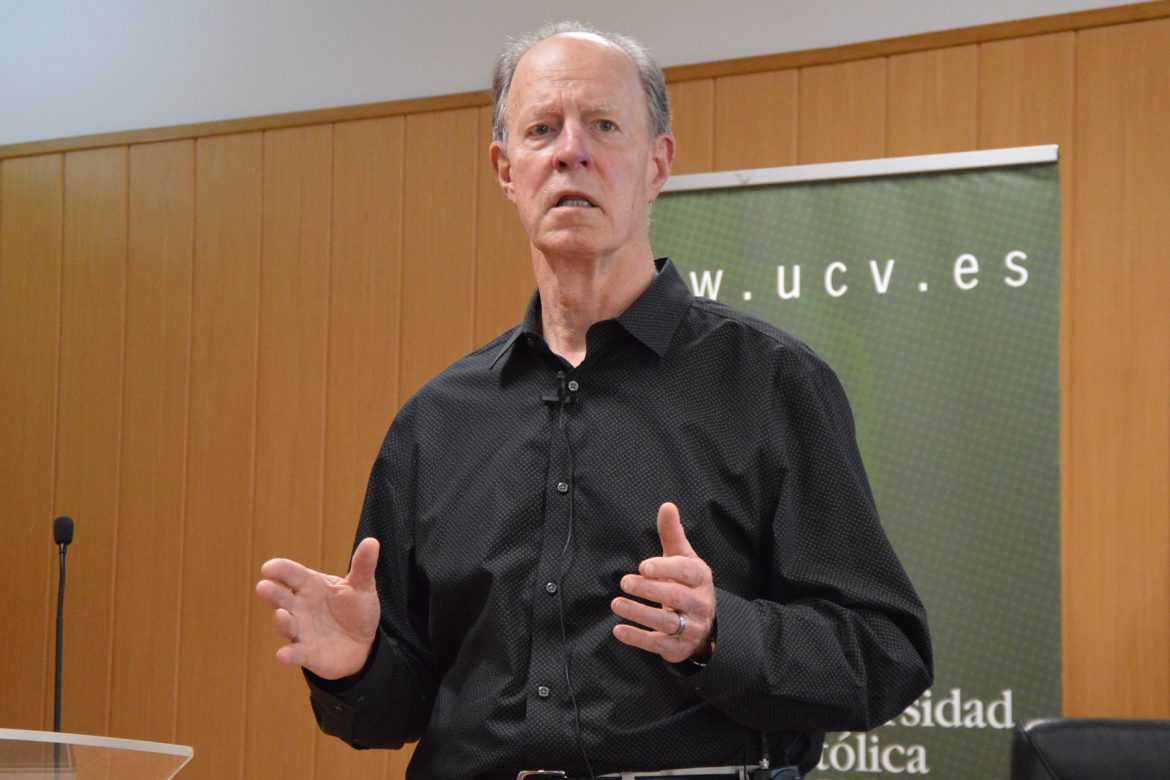The Procrustean Bed of Corporate Purpose
In August of 2019 one of the most influential business organizations in the world, The Business Roundtable, formally dropped the dictum that has dominated the discussion of corporate purpose in the United States. The Business Roundtable, consisting of nearly 200 of the most prominent CEOs whose companies account for 7 trillion dollars in annual revenue, abandoned the “shareholder primacy” theory in which shareholders’ financial interests constitute the ultimate and only basis for evaluating the success of corporate activity. Instead, the Roundtable placed shareholders alongside of four other stakeholders, namely, customers, workers, suppliers and communities, as legitimate groups that corporations must serve. This welcome transformation in corporate was a long time coming. Happily, it heralds a new front in the global battle over the legal and moral definition of corporate purpose.
Yet, even the Business Roundtable continues to ask the question about corporate purpose and CSR in overly simple terms. The question is framed as if all for-profit corporations should either identify profit as their exclusive goal, or not. By asking the question this way, the Roundtable (and most business ethics researchers) gloss over important distinctions that separate different companies in different industries and who have different constellations of owners. By asking the question this way, firms are forced into a Procrustean bed that fits some but not all.
Jim Walsh and I have argued that any monolithic conception of corporate purpose is flawed. (Donaldson & Walsh, 2015). We reject the idea that all corporations should have more or less the same purpose, whether that purpose is shareholder-first, or stakeholder inclusive. We reject a monolithic conception of purpose in favor of a polylithic conception. It is often best for one corporation to have a particular purpose or set of purposes and best for another to have a different set of purposes. The mistake of monolithic purpose stems from asking the question about purpose at the level of the individual firm itself. By asking the question in this manner, the answer immediately is applied to the entire business system. This way of framing the question commits a version of the composition fallacy, that is, assuming that what is true of an individual member is true of the whole. From our perspective, this is backwards. Walsh and I believe that one must first answer the question, “What is the purpose of business?” and then apply the answer to individual firms.
We have written that the purpose of business is to optimize “collective value” using the three distinctive functions of economic activity, exchange, production, and distribution (Donaldson & Walsh, 2015). We interpret collective value through the concept of “intrinsic value,” i.e., values that are non-derivative and that constitute final reasons for human action, such as health, financial security, privacy, and justice. Intrinsic value, then, is the lynchpin of the broader purpose of business in society.
This approach yields a surprising conclusion. Because the purpose of business is the optimization of intrinsic value, a varied ecology of firms with different individual purposes may better optimize intrinsic value for the entire economy than an array of firms espousing more or less the same purpose. Even classical Friedmanite firms may play a positive role in the economic ecology. Firms that focus almost entirely on the maximization of the financial welfare of their shareholders may play a positive role in the economic ecology when considered alongside a mix of firms that have varied purposes, including ones that enshrine intrinsic values as their primary goal.
Consider an ecology of firms as a hierarchical structure of firms with specific purposes. At the bottom of food chain lie firms that make no explicit pledges to intrinsic values, such as social value. Such firms, of course, must nonetheless meet minimum standards of moral and legal conduct. For example, they must respect bona fide human rights, must refuse to discriminate on the basis of gender or race, and must not defile the environment.
In the middle section of the ecology we find firms operating in industries where the industries themselves entail specific intrinsic values. Firms in the health care industry, for example, should explicitly identify the value of health in their corporate mission; firms in the education industry should explicitly hold the value of knowledge dear; and firms providing legal services should explicitly acknowledge justice in their identification of purpose.
Finally, at the highest level of business ecology, firms may decide to elevate intrinsic values to a status equal to or greater than that of profit. This is the conception of the “social impact” firm, and such firms may adopt the alleviation of poverty, or the provision of healthy sanitation systems, as their dominant goal.
The surprising upshot is that a B-to-B ball bearing manufacturing firm might specify a bare Friedmanite purpose, even as a pharmaceutical company is constrained to include health in its purpose statement.
In the end, a robust ecology of firms is more likely to deliver the optimized collective value demanded by the overall purpose of the business system, than an array of look-alike firms with similar statements of purpose. Such a robust ecology promises to free the idea of corporate purpose from its Procrustean bed.
Donaldson, T., & Walsh, J. P. 2015. Toward a theory of business. Research in Organizational Behavior, 35: 181-207.

